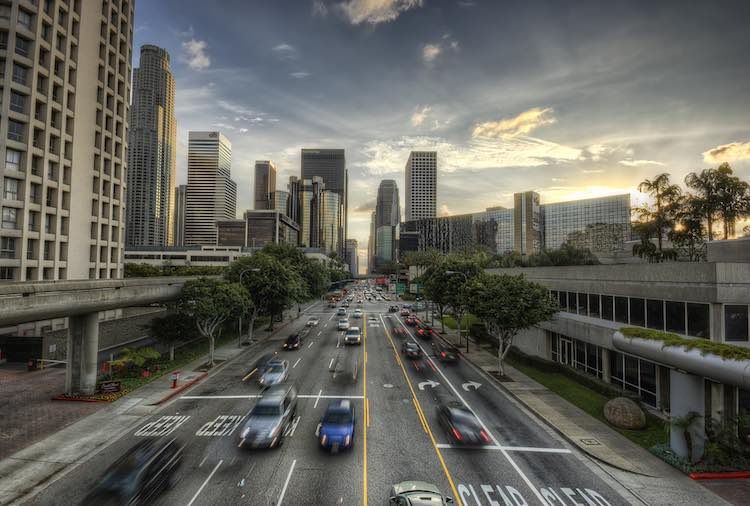Last night, the U.S. Congress achieved something that has been unattainable for more than a decade. It passed a five-year transportation bill that finally delivers long-term national funding for roads, bridges, and mass transit. The “Fixing America’s Surface Transportation (FAST) Act” (H.R. 22) restores certainty to a national transportation program that has been strung along by more than 35 stopgap short term extensions.
The $305 billion legislation, which will govern federal policy through 2020, reflects a bipartisan compromise the Obama administration “always believed was possible.”
GET OUR NEW GOOD NEWS APP—> Download FREE for Android and iOS
Business groups and members of Congress praised the legislation for creating construction jobs, improving freight delivery and streamlining government regulation.
“Today is a monumental day for the U.S. Congress, working Americans and the entire equipment manufacturing industry,” Association of Equipment Manufacturers President Dennis Slater said in a statement.
“Cities desperately need long-term certainty in their transportation planning and funding. We can’t fix the bridges or roads that millions of Americans use every day without it,” said Clarence E. Anthony, CEO of the National League of Cities. “Together, we can build a world-class transportation infrastructure that will connect, empower and build a foundation for future growth in cities across the nation.”
RELATED: Congress Agrees on Something: A Two-Year Budget Deal
The FAST Act calls for spending approximately $205 billion on highways and $48 billion on transit projects over the next five years and includes a number of programs relevant to city infrastructure:
The program that provides funding for walking and bicycling infrastructure directly to local leaders, is now a part of the Surface Transportation Block Grant Program and its funding has been increased from $835 million to $850 million.
Additional money for bridges and transit, especially buses—a critical lifeline for cities—has been increased, with locally-owned bridges now eligible for more than $22 billion in federal funding under the National Highway Performance Program.
RELATED: Americans Riding Public Transit in Record Numbers
New access to federal financing is available for innovative transit projects and the minimum project size has been lowered from $25-$50 million to $10 million for projects with significant local government involvement, making it much easier for projects outside of major metropolitan areas to apply for low-cost federal financing.
Both chambers of Congress passed it overwhelmingly, with the House voting 359-65 and the Senate, 83-16. The bill will be paid for with gas tax revenue and a package of $70 billion in offsets from other areas of the federal budget, according to The Hill.
(Photo by Neil Kremer, CC)




















